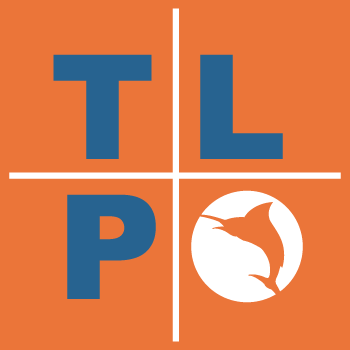If you need professional web design in Melbourne, FL for your business and wondering the best content management system is suitable for you, here is a guide for you. Below is a look at three of the most broadly used software comprising, Joomla, WordPress and Drupal. These three platforms are free to download and use. The open source platform is always being enhanced to support advanced internet technologies. These systems come with basic functions that can be enhanced with growing array of add-ons.
When it comes to choosing the appropriate system, it all depends with your objectives, technical expertise, budget and your site functions. For instance, a blog website is best created using WordPress platform since it is very user friendly, flexible and can handle vey complex websites. For complicated, highly customized web design needing scalability and complicated content organization, Drupal is the ideal choice. For a site in between with an easier understanding curve, Joomla is the best choice.
WordPress, Joomla, Drupal Pros and Cons
WordPress Pros
– WordPress is easy to use, and extremely user friendly.
– Technical maintenance like setup, upgrades, spam and backups is taken care of.
– The platform offers many plug-ins that enable you to execute blog customization easily.
– It uses similar SEO benefits with websites and posts the same.
– WordPress pages offers subpages that enable better organization of content.
WordPress Cons
– WordPress is an open-source platform thus when someone accesses the code it is easy to hack into the website.
– It is impossible to change the PHP code behind your website.
– You cannot upload a custom theme.
– It is expensive to maintain it since it requires hosting, themes or plug-in expansion if the free one does not suit you.
Joomla Pros
– Joomla is an open source hence easy to expand it.
– It is fast and simple to use after you understand how its functionality.
– There’s many support plug-ins, extensions and modules.
– It is easy to build and operate a multilingual webpage using Joomla.
Joomla Cons
– Does not support SEF in terms of URL’s, you require to buy SEP plug-ins so as to optimize your URL’s.
– It is hard to understand section, category structure at the start and you might be required to take Joomla lessons.
– Module rearrangement is needed; hence it is wise to choose your template well before you build the entire webpage.
Drupal Pros
– Drupal is a strong, user friendly tool for creating complex sites.
– Drupal is becoming easier to utilize with every release.
– Drupal is intended to offer fresh features using plenty of little modules.
– It produces the most complex sites.
– It offers features such as user account registration and maintenance, menu control, RSS-feeds, system management and page layout customization.
– It provides superior tools and templates and has complex administrator controls.
– It offers flexible and robust content building and it’s easy to organize content.
– Drupal provides great SEO tools that enable you to link with your viewer’s with ease.
Drupal Cons
– Drupal requires great technical knowledge among the three CMS’s.
– It does not offer a superior backward compatibility. It is not compatible with most software.
– It has a slow loading and scalability compared to WordPress and Joomla. Slow loading is due to the amount of tools and capabilities.



